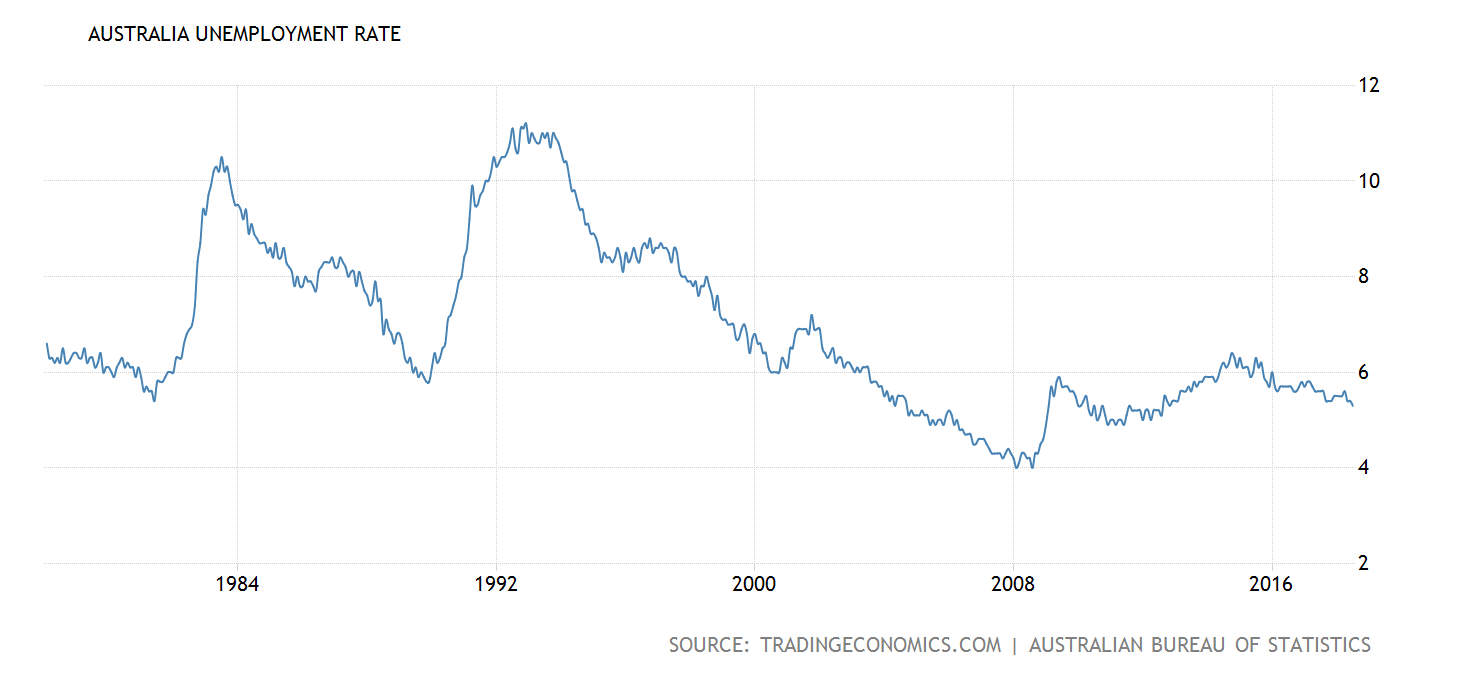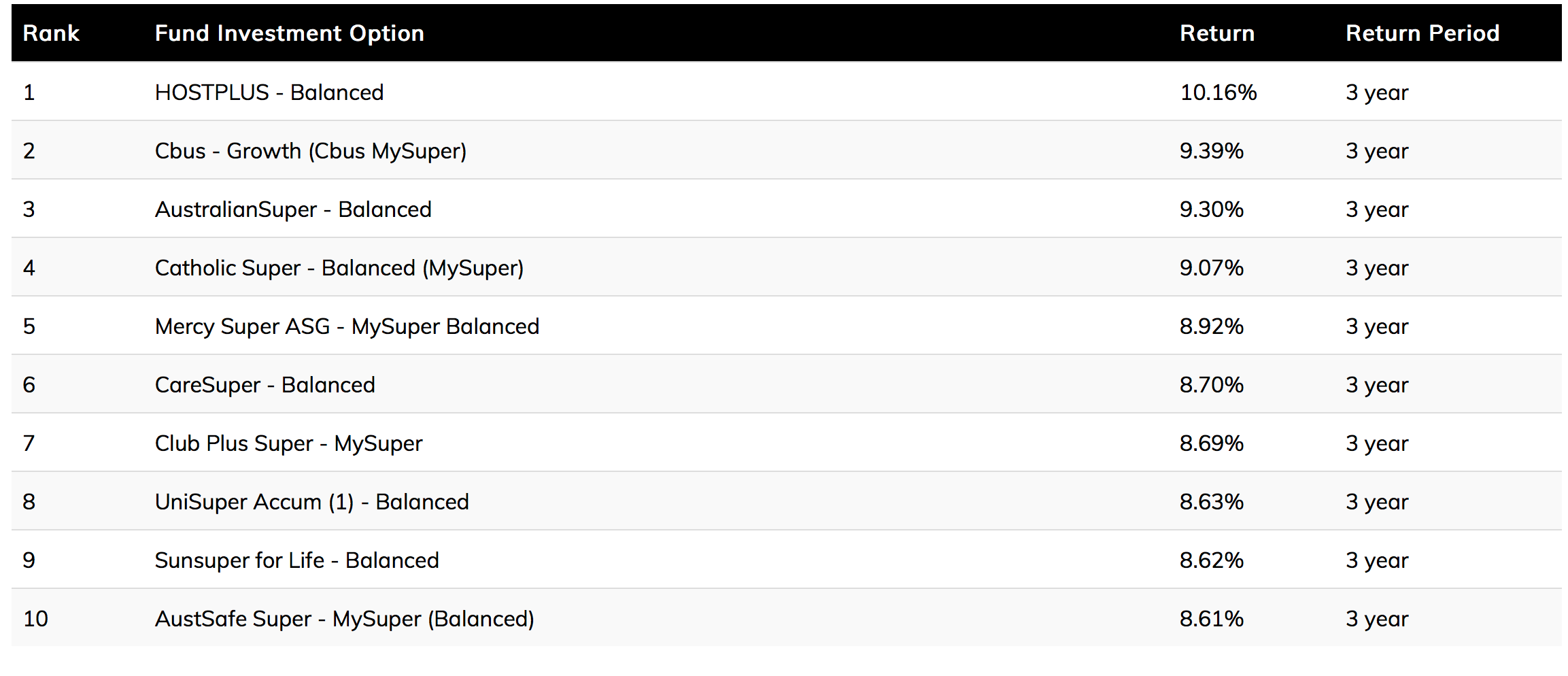The Experts - What, me biased?
Peter Switzer
If you think I’m biased towards Malcolm Turnbull as PM because I was his patrol captain when we were both 21 years of age, or because I’m a dyed in the wool Liberal supporter, then you haven’t been paying attention. I’ve always loved that one liner — anything worth doing, is worth doing for money — and with Malcolm I calculated that the economy and the stock market would perform better. And that’s really important for my readers here, for those who subscribe to my investment newsletter called the Switzer Report, and those who watch me on TV or follow me on Twitter and Linkedin.
I know I get ripped into whenever I get political
in this column but I don’t do it because I have the passion of an Andrew
Bolt or Alan Jones groupie. And I gave up believing the Labor Party was
for the little guy when I was much younger and saw real profits
actually rose faster under Bob Hawke and Paul Keating than did real
wages!
But those two guys showed me a Labor Government can
be good for the economy, as they won over support for the union
movement via the Accord and actually created good growth. Sure, it ended
in a stock market crash in 1987 and then a 1990 recession but a lot of
their repair/reform work made it easy for John Howard and Peter Costello
to keep the positive changes going with the GST, overall tax reform and
the conversion of chronic budget deficits into surpluses!
And over that time I learnt (because I did this
stuff every day for newspapers, radio stations such as Triple M, then
Mix 106.5, the ABC and later 2UE then 2GB) that gutsy governments can
create the conditions that partly explain why we have grown since 1991
without a recession!
The payoff was that unemployment went as low as 4% under John Howard as the chart below shows:

Good government can help unemployment fall, and
Labor governments of the 1980s achieved that too, but they weren’t in
the business of punishing business and investors, as Bill Shorten is
currently planning with some of his policies. They might look OK,
socially, but they worry me economically-speaking and market-wise.
I’m sorry if you don’t like it but I’m not here to
keep you politically happy. I’m here to explain the economic and money
consequences of who runs Australia, Donald Trump, the team ruling China
and anything else that might hit your hip pocket.
My fear of a PM Peter Dutton, the bad look for the
Government, and then the likelihood that Bill becomes PM, was played out
yesterday when Wall Street gave us a nice lead in, all Asian stock
markets were up on good, potential trade talk news between the USA and
China, but our S&P/ASX 200 index was down 60 points (or 0.96%)!
Worse still, my listed Switzer Dividend Growth Fund
fell 4 cents to $2.61 and that’s another reason why I prefer Malcolm
over Bill and Pete! However, that’s me being self-interested, but as
Paul Keating once observed, if you go to the races and “you see a horse
called ‘Self Interest’, back it because you know it’s trying!”
But back to the bigger picture, under Malcolm, the
NAB business conditions reading went to a record high, which says
businesses had never felt so good about their businesses! By the way,
that has recently gone off the boil and I suspect a lot of the political
paralysis and internal fighting over tax cuts, energy policy and the
fact that banks are being forced to play hardball with borrowers
(following the Royal Commission and APRA’s heavy-handedness) have made
business life not as good as it was in April, when the reading was the
best ever.
And while the Royal Commission has been good for
bringing bad banking practices to book, this was a Labor-encouraged
development, which has been good socially but negative
economically-speaking.
I’ve argued before that if past governments had
really cared about financial abuse of ordinary Aussies and small
business, they would’ve created a financial consumer claims tribunal
that would have blasted banks and other financial bodies for behaving
badly.
And now we come to Pete Dutton. If Peter is a hand
puppet for the hard right-wingers, we could see him try to win an
election on lower energy prices and less immigration. This would appeal
to a lot of voters, who hate the rise in energy prices and who believe
immigration is excessive.
The first would be good for the economy — lower
prices to consumers and lower costs for energy would be pluses — but
we’d have to see what kind of international reaction follows, if we give
the world committed to fighting climate change the big finger.
There could be trade sanctions from some trading
partners but the biggest effect would be brand damage, but I guess a lot
of us could live with that.
However, cutting back on immigration would have significant economic effects.
Economists say our 27 years of growth without
recession was helped by our big immigration programme. So new immigrants
create more jobs than they take and it would reduce demand for housing
as well, and that has economic implications as well.
Meanwhile, political experts argue the idea of
Malcolm being replaced by Pete would probably help Labor win the next
election. This is how Paul Dales from Capital Economics would see an Oz
economy under Bill: “If Labor does get in, then that would change the
economic outlook. The tax system would be less favourable and the
housing market would certainly be in the firing line."
Housing and immigration creates economic growth,
jobs and income, which in turn helps spending and businesses make better
profits, stock prices go higher and our super funds keep doing well
like they have since Malcolm’s arrival.
Since September 2015, when Malcolm became PM, the
stock market has added around 26% including capital gain and dividends,
and have a look at how our best super funds have performed.

All the above are good reasons why I’m not jumping
up and down for joy at the prospects of a new Prime Minister. The
current one has his shortcomings and is hopeless at marketing his
stronger points but the economy and the stock market (my beats) are
looking pretty damn good.
And remember, I’m not some academic economist or
sociologist. I have about 50 staff, a big energy bill and pay rent in
the CBD of Sydney. But according to my calculations, the pros outweigh
the cons with Malcolm T.
No comments:
Post a Comment